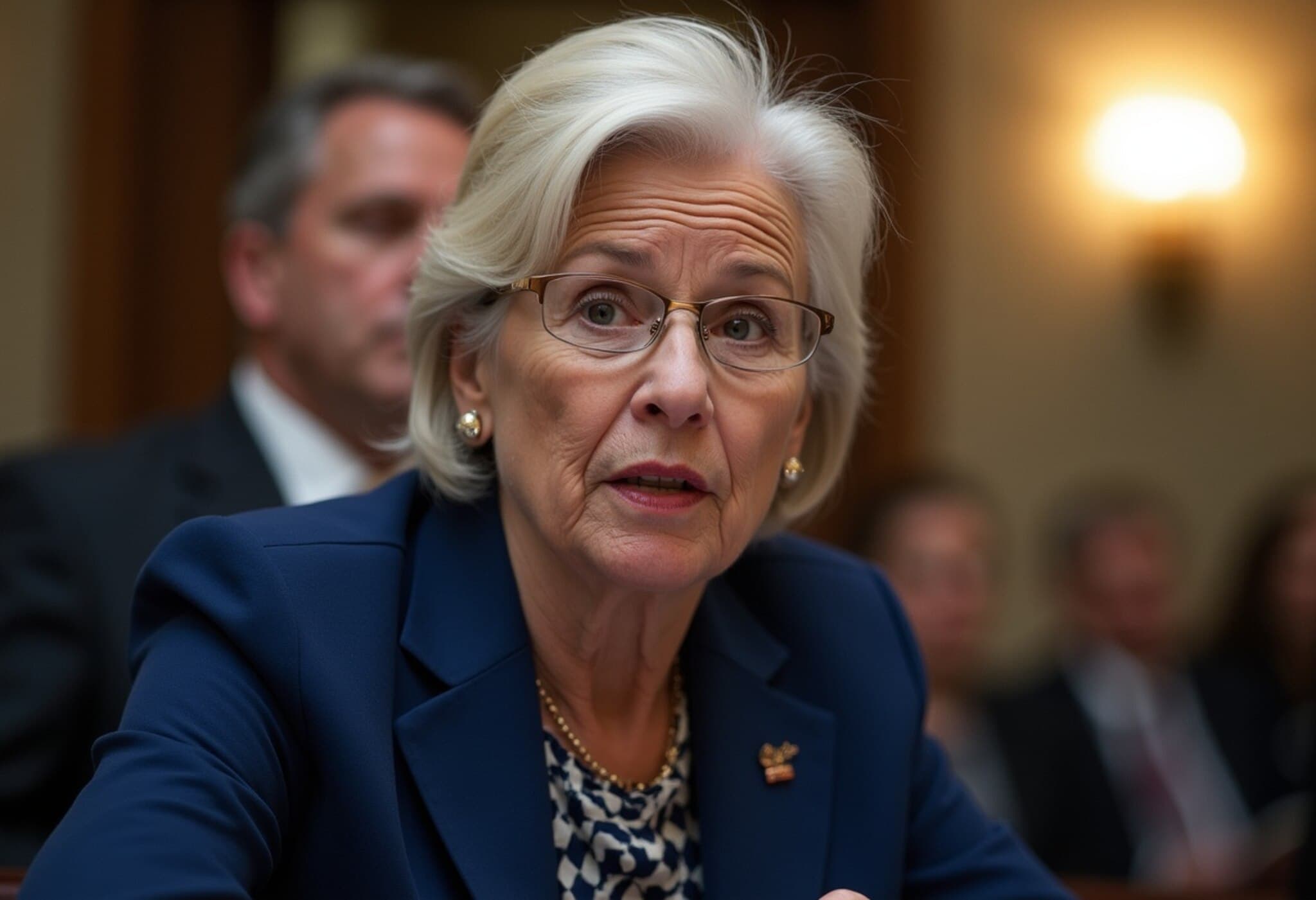German Inflation Exceeds Expectations in August
Germany's inflation rate rose by a surprising margin to 2.1% in August 2025, according to preliminary figures released Friday by the country's Federal Statistical Office, Destatis. This figure surpassed the consensus forecast of 2.0% projected by economists surveyed by Reuters, marking a notable acceleration from July’s 1.8% rate.
Global Tariffs and Their Ripple Effects
This uptick in inflation comes against the backdrop of escalating global trade tensions, particularly concerning the United States' tariff policies under President Donald Trump’s administration. Since early 2025, a series of tariffs and reciprocal duties have been implemented affecting numerous sectors, complicating the international trade landscape.
In July, the U.S. and European Union reached a partial truce, agreeing to impose a 15% tariff on various EU goods exported to the U.S. However, details remain murky, especially regarding the extension of these tariffs into sensitive areas like pharmaceuticals. These policy uncertainties continue to cast a shadow over price stability and supply chains in both regions.
Economic Implications for Germany and Beyond
Germany, as the EU’s largest economy and a crucial driver of European growth, is particularly sensitive to these shifts. Inflation pressures here are important bellwethers for broader eurozone economic conditions. Persistent inflation above expectations could provoke stronger European Central Bank responses, which may affect interest rates and borrowing costs across the euro area.
Meanwhile, concerns mount over how tariffs may stoke inflationary pressures in the U.S. and indirectly affect global markets. Although tariffs typically drive prices up in the targeted country, the interconnectedness of global supply chains means inflation effects can seep beyond borders — a factor economists and policymakers watch vigilantly.
German Economic Growth Remains Fragile
Germany's economic performance has been teetering near stagnation. After recording a modest 0.3% GDP growth in Q1 2025, the economy contracted by 0.3% in the subsequent quarter. This mixed data underscores the fragile state of Germany’s economic momentum amid trade uncertainties and inflationary pressures.
What Lies Ahead: Key Questions
- Will inflation continue to outpace forecasts in the coming months, pressuring European Central Bank policy?
- How might tariff negotiations evolve, and what sectors will be most affected?
- Can German manufacturers and exporters adapt swiftly to the changing tariff environment, or will growth weaken further?
- What indirect impact will these tariffs have on consumer prices and economic sentiment in the U.S. and across Europe?
These are pressing questions as markets digest the latest inflation data and assess the broader implications of geopolitical trade conflicts.
Editor’s Note
The upward surprise in Germany's inflation rate underscores the unpredictable fallout from international trade disputes layered over an already delicate economic backdrop. While policymakers grapple with tariff uncertainties, inflation figures like these highlight the interconnected nature of global economies, where protective trade measures in one region ripple through to influence prices, growth, and policy decisions elsewhere. For readers and market watchers alike, tracking these dynamics will be essential to understanding the next phase of economic recovery and the evolving landscape of global commerce.
Stay tuned for updates as new data emerges and negotiations progress.











